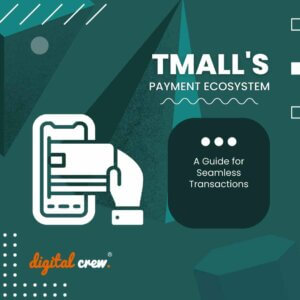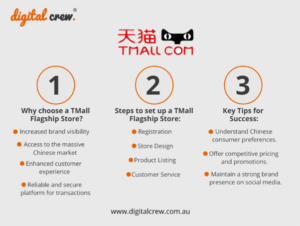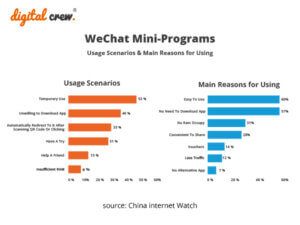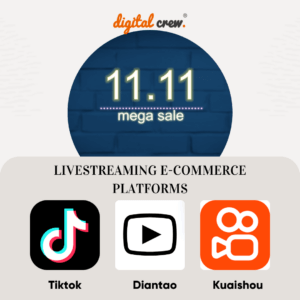With the value of China’s ecommerce market tipped to hit 30 trillion Yuan by 2020, according to KPMG, now might be the time to tap into China’s digital marketplace.
While a sizeable amount of China’s e-commerce market can be attributed to B2B trading, online retail represents the biggest growth, with industry giants such as Tmall trading to the order of 763 billion Yuan in 2014, the International Business Times reports.
If you’re considering setting up in the ecommerce space in China, there are a couple of ways to go about it – set up yourself, or use an existing platform like Tmall, or JD.com. We take a look at the options.
Setting up a flagship store on Tmall
Holding 57% of the B2C market share according to Techcrunch, Tmall has a reach that’s undeniable. Given that it’s always a better option to go to where the customers are rather than to bring them to you, savvy businesses owners can reap the benefits of Tmall’s existing customer base.
Tmall’s flagship store options offer the following benefits:
- Customised, optimised stores.
- Mobile and desktop-friendly browsing.
- integration with Wechat and Weibo.
To set up a flagship Tmall store, a business must:
- Own or be the sole authorised holder of the trademark.
- Have a business presence in China, along with appropriate certificates.
- Offer customer service solutions, including return and refund policies.
- Adhere to inspection and quarantine rules.
- Pay an initial security deposit, annual technology fees, and sales commission fees (0.5-5%).
Setting up a flagship store on JD.com
With a market share of around 20 to 25%, JD.com also offers plenty of potential to leverage your brand’s reach, and is especially geared towards well-known, successful companies in the consumer electronics space.
Where Tmall functions as more of a marketplace, JD.com has the feel of an online department store.
JD.com’s store options offer the following benefits:
- A hands-off approach, with pricing, promotion and logistics all managed by the platform.
- Authenticity guarantees and a high-trust environment
To set up a flagship JD.com store, a business must:
- Be registered in China with capital exceeding RMB 500,000.
- Own or be the sole authorised holder of the trademark.
- Have the appropriate registration certificates.
- Pay an initial security deposit, annual platform fees, and sales and shipping commission fees (5-7% and 0.85% respectively).
Setting up your own ecommerce store
Creating your own branded store will avoid the set-up and commission fees associated with JD.com and Tmall, but it brings its own challenges.
Although effective for reaching a highly targeted audience, your own store will not have the visitor numbers of a major ecommerce platform, especially initially. You’ll also need to invest separately in SEO and marketing to drive traffic.
Other challenges include technical and logistical ones, such as web hosting and payment systems, online support, and shipping and returns. You’ll also need the appropriate business and retail licences.
However, setting up your own ecommerce store does give you the flexibility to try other options not available through the larger platforms, such as:
- Unique branding and promotional efforts.
- Using social media platforms like WeChat as a way to “host” your store.
- Using the software platform that best suits you and the type of products you sell, rather than being tied to the functionality available through one of the major sites.
Your ecommerce store can also double as your company website, making it a great platform to tell your company story, and provide customers with more information about your products.
Need some help in deciding and implementing?
If you’re considering setting up an online retail presence in China and you’re not sure which option to choose, talk to the experts in our China Online Marketing division. Our experienced consultants can assist you in navigating the Chinese online retail space, and developing an effective ecommerce strategy.











































































